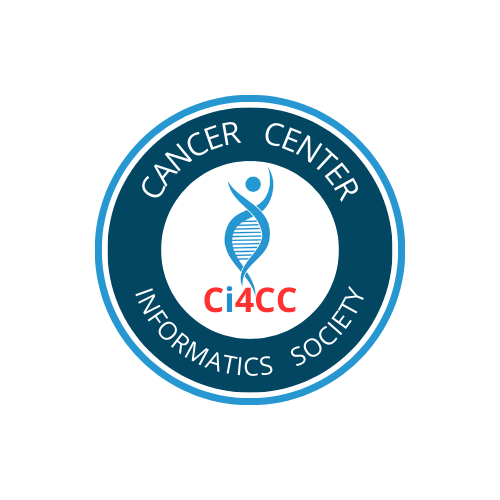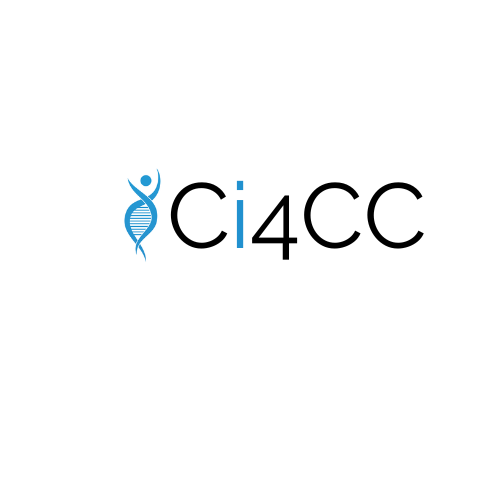Promise and Perils of Large Language Models for Cancer Survivorship and Supportive Care
Current status and future applications of LLMs for cancer symptom management and call for cross-disciplinary collaboration that centers the needs of patients and caregivers
Lead Author: Danielle S. Bitterman, MD
Cancer symptom toxicity affects patients and caregivers of all cancer types and stages, with effects on physiologic, psychologic, financial, and social well-being.1 Barriers to symptom assessment and management of patients with cancer include lack of survivorship care access and resources, incomplete data for risk-stratification, inadequate means for timely communication about symptoms, fragmented health care across multiple specialists, misconceptions and insufficient patient and clinician education, and changing needs over the cancer trajectory.1-7 Large language models (LLMs) are uniquely poised to address these barriers because of their ability to process, transfer, and transform high-dimensional knowledge, providing more individualized management and enabling multilevel communication that can adapt to users' needs.
Share this Article with others





